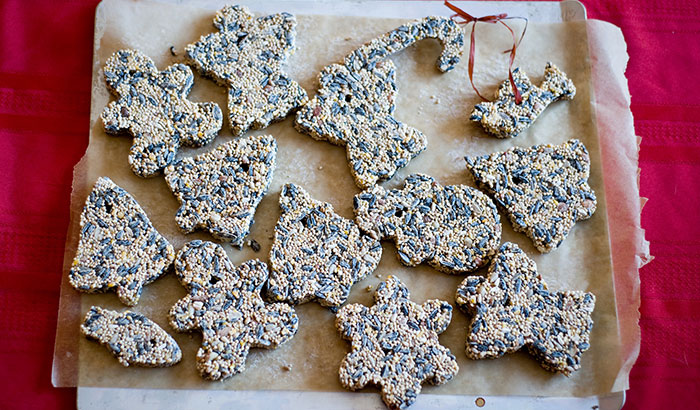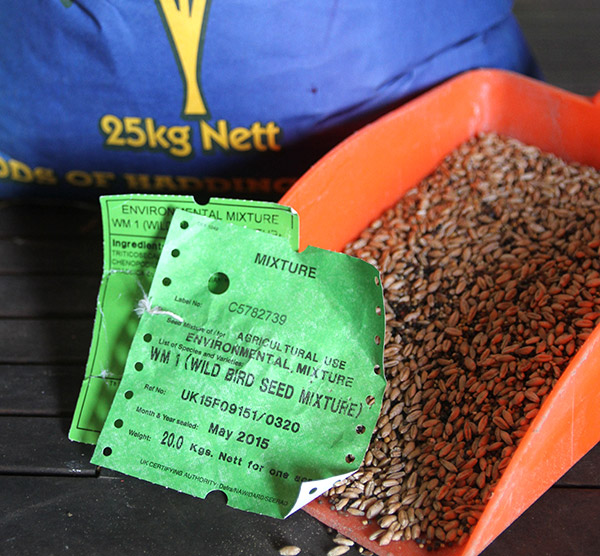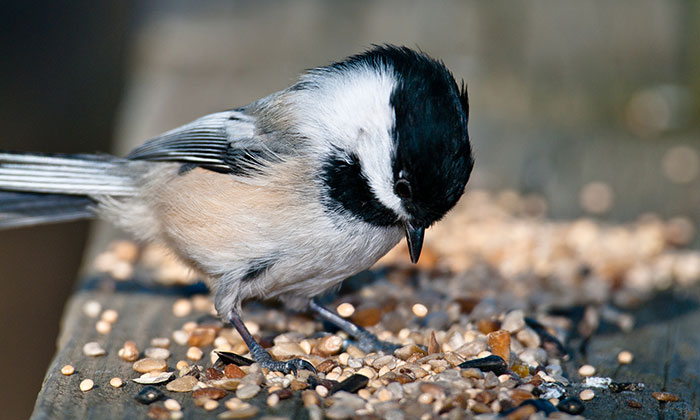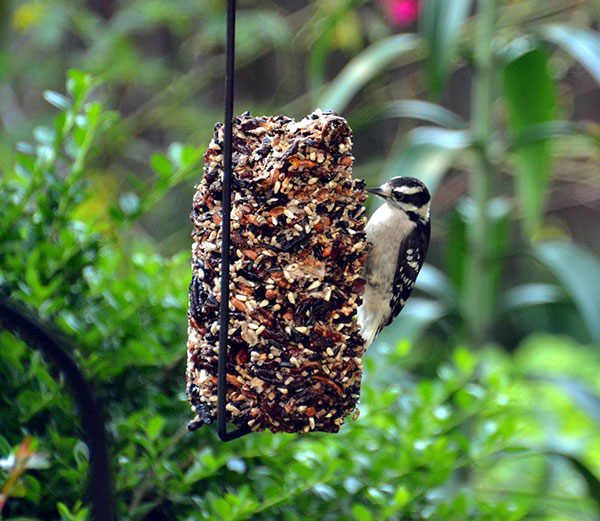One of the most helpful questions when feeding different bird species is: “Can bird seed go bad?” Unfortunately, yes! Like other food types, bird seeds can rot due to direct sun exposure, changes in temperature, moisture, and contamination.
You can quickly tell if the bird seed is unsafe for birds once it’s moldy, comes with a strange odor, and shows significant changes in its texture and color. These indications mean that the bird seeds no longer contain the essential nutrients that birds need, so it’s best to discard them.
Understanding the factors that affect bird seed’s shelf life and signs of spoilage can guide you in managing the food you provide to your feathered friends. Browse the post below for more detailed information.
Contents
Factors Affecting the Shelf Life of Bird Seed
Moisture content
Moist bird seeds tend to become too clumpy and stiff, making them unsuitable for safe bird feeding. Firm and solid clumps are indications of seed spoilage and may cause the feeder ports to clog.
Feeder port clogging can result in more birdseed spoilage because the food remains inaccessible and unconsumed.
We recommend keeping the bird seeds in a sealed or airtight canister and store in a cool and dry place to prevent moisture penetration.
Sunlight exposure
We don’t advise storing the bird seed in direct sun exposure or close to other heat sources. Ideally, it would help if you stored the bird seed in a cool and dry spot, between 40 and 50 ° F.
Temperature fluctuations
It’s not surprising how significant temperature changes are in preserving the quality of bird seeds. The seeds go bad quickly if you store them at a “too warm” temperature. Hence, it’s ideal for storing them in garden sheds, garages, or other cooler spots to keep them safe for consumption.
Some bird lovers place the bird seeds in the fridge during summer months to keep the food fresh and safe for their feathered buddies.
Pests or fungi contamination
Maintaining the cleanliness of bird feeders is crucial to eliminate any fungi buildup or pest contamination. Refilling the contaminated feeder with top-quality bird seeds may pose a danger to various birds visiting your feeder.
You might already know that feces, fungi, or pest contamination can instantly disseminate, spoiling more bird seeds. Contaminated bird seeds can cause various diseases among your winged guests.
Signs that Bird Seed has Gone Bad
Here are the signs to quickly answer the question, “how to tell if bird seed has gone bad?”
Change in color or texture
If the bird seeds exhibit some signs of discoloration, this can indicate their poor quality. Safe-to-consume bird seeds must be free of dust and discoloration. Discolored, slimy, and ill-textured seeds can signify that they’ve already been stored for an extended time.
Presence of mold
We avoid foods that show signs of mildew and mold because they are hazardous to our health. The same goes for birds. If you feed birds with moldy bird seeds, they’ll get sick as this condition causes musty odor and fungus accumulation.
The soft and slimy feel of bird seeds is a telltale sign that there’s mold buildup present in them.
Foul odor
The unpleasant smell of bad bird seeds makes it a cinch to determine that the food is unsafe for your feathered pets. Bird seeds generally contain high oil content, so you can quickly pinpoint the rancid odor when they rot.
Similarly, musty and moldy smells indicate that the bird seeds are rotten.
Loss of nutritional value
Old bird seeds are usually chalky, stale, and withered, making them unhealthy for birds. Bird seeds tend to lose their nutritional content and are prone to breeding grounds for fatal bacteria if you incorrectly store them for an extended period.
Remember, bird seeds’ quality will remain in top condition, depending on how you store them and the duration of storage. For instance, sunflower seeds can last for approximately one year if you store them in a cool and dry spot. But, if you store them in a humid location or expose them to a direct heat source, they’ll rot immediately and may only last for a month or less.
Proper storage can extend the shelf life of bird seeds up to 24 months.
How long Does Birdseed Last?
As previously discussed, bird seeds can remain safe and healthy for consumption if you store them correctly. So long as you keep the bird seeds from direct sunlight, moisture, temperature fluctuations, and contamination, they can last for six to twelve months or even more.
Meanwhile, how long does unopened birdseed last? Unopened bird seeds that are appropriately stored may last up until two years. But, it’s still advisable to use the bird seeds within six months to one year to allow birds to enjoy their best consumption.
What to Do with Old Bird seeds?
If you’re still determining whether the old bird seed is suitable for your winged guests, discarding them is the best thing to do. It would help if you properly tossed away the compromised bird seeds unsuitable for healthy bird feeding.
Throw the bird food in a trash bin or bag, but ensure they’re away from insects and flying animals. On the other hand, besides discarding the old bird seeds, one great way to make them functional again is to use them for composting purposes.
Please note that only unsprouted and untreated bird seeds are optimal for composting; therefore, you must compost them before they get moldy. Tossing away old bird seeds in your garden is inapplicable because this technique will invite undesirable animals into your garden. Furthermore, it will cause wildlife and other bird species to contract fatal diseases.
Wrap-up
Answering the question, “Can bird seed go bad” can help you quickly determine the indications of spoiled seeds. Knowing the factors that can accelerate the spoilage of bird seeds can guide you in avoiding them at all costs to retain their freshness and quality. Again, it’s best to discard bird seeds if they have discoloration, slimy texture, strange odor, molds, mildew, or signs of contamination.
Store the seeds in a cool and dry area; use them within their expiry date, and keep the feeders clean before refilling them with fresh bird seeds. Keeping these critical factors in mind, you can offer your winged guests nutritious, fresh, and top-quality bird seeds.




